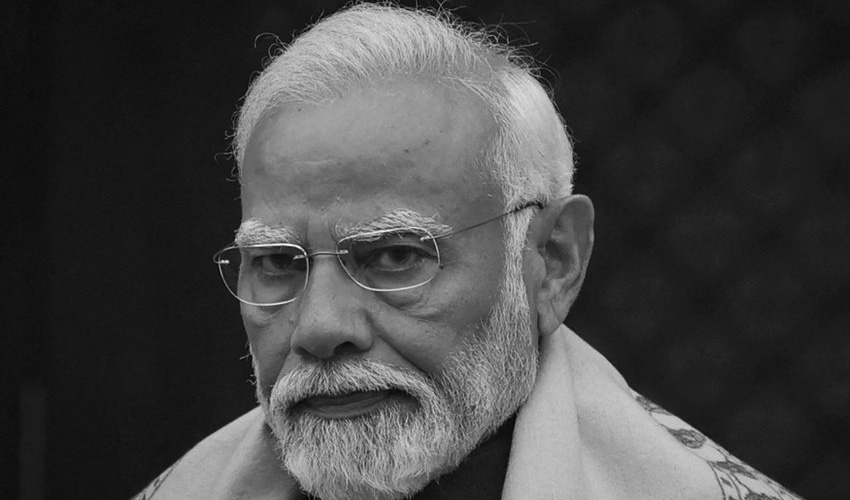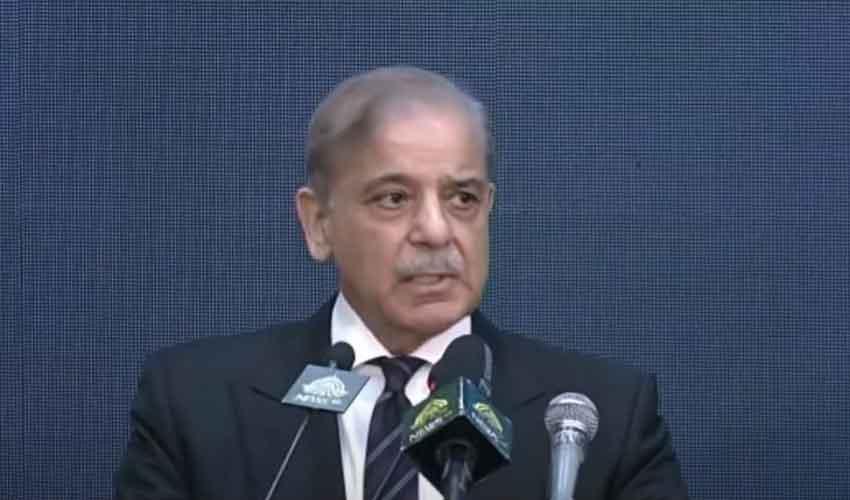The surge in hate speech and anti-Muslim rhetoric in India has posed serious threats to the country’s secular identity. Poisonous statements by officials under the Modi government have directly led to a 90% rise in hate crimes, fueling communal tensions and deepening societal polarization.
The propagation of Hindutva ideology has incited Indian youth to attack Muslims, demolish mosques, and highlight sectarian divides.
Muslims, who make up 14% of the population, face systemic exclusion, minimal social representation, and widespread discrimination in employment, further marginalizing the community.
"India Is Only for Hindus"
Communal declarations such as "India is only for Hindus" have ignited large-scale violence and destruction in Muslim-majority areas, leading to hundreds of deaths and extensive property damage. Anti-Muslim hate speech, including calls for "national purification," frequently intensifies during election cycles, deliberately polarizing voters as a political tool.
Violent songs and chants targeting Muslims have played a significant role in spreading hatred. More than 80% of perpetrators of religious hate crimes go unpunished, fostering a culture of impunity and eroding trust in the justice system.
Indian school curricula and educational programs increasingly promote the Hindutva narrative, shaping young minds against secular and pluralistic values.
Meanwhile, the media has amplified stereotypes portraying Muslims as a "threat to the nation," reinforcing societal prejudices and creating a hostile environment.
International human rights organizations and several foreign governments have criticized India’s anti-Muslim policies, warning that such measures tarnish the country’s democratic image. Globally, alarms are being raised over the erosion of secularism in India.



























